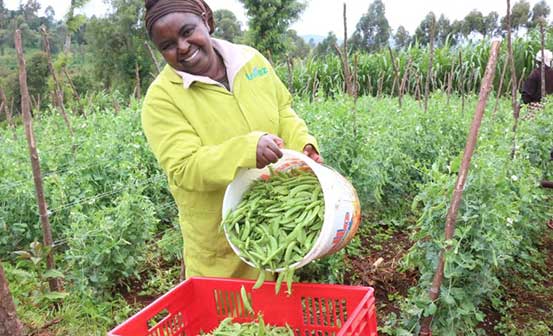×
The Standard e-Paper
Informed Minds Prefer The Standard

Farmers and matatu operators will start paying taxes in major changes unveiled on Wednesday and which are anticipated to ensure every Kenyan contributes to the national tax kitty.
Through the proposed presumptive tax, the State will impose an advance levy on businesses that operate informally and without proper documentation.